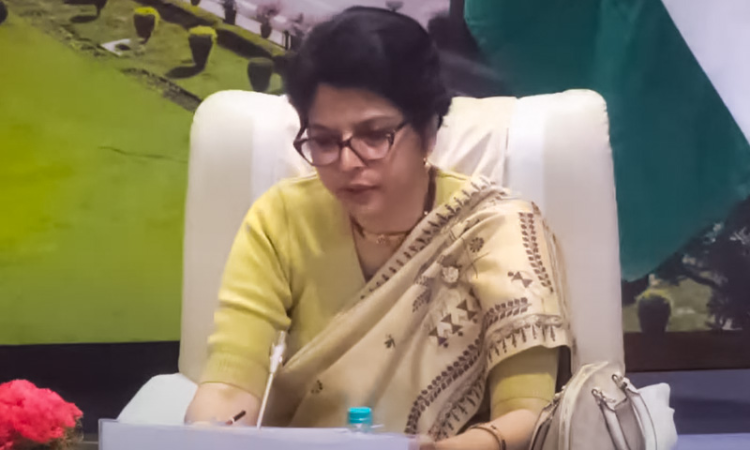Women Judges Bring A Unique Gender Perspective To Adjudication : Justice Hima Kohli
Sohini Chowdhury
10 March 2022 9:55 PM IST

Next Story
10 March 2022 9:55 PM IST
"Women judges validate the judicial system and their inclusion in large numbers is a palpable realisation of the constitutional codes."On Thursday, the Supreme Court commemorated the first ever 'International Day of Women Judges'. The event was organised by the Supreme Court Registry and graced by the presence of CJI, N.V. Ramana, Justices Hima Kohli, B.V. Nagarathna, Indira banerjee...
